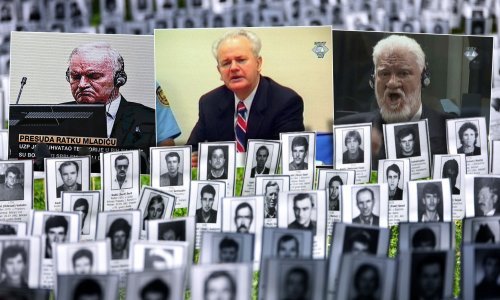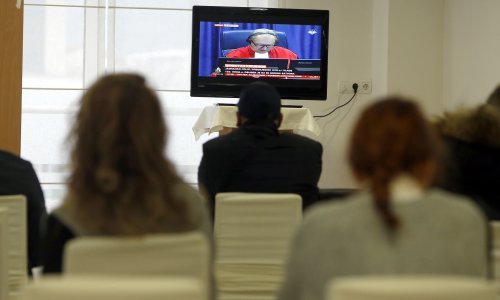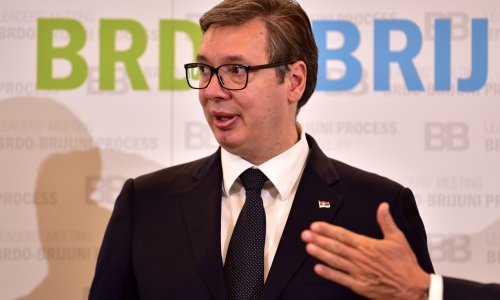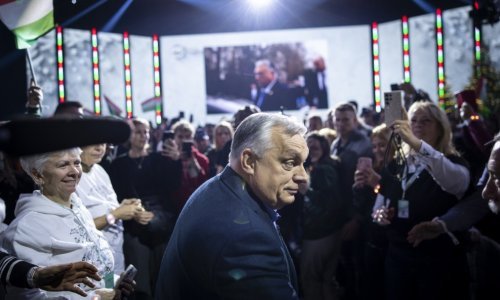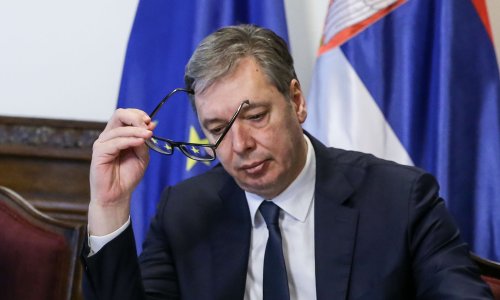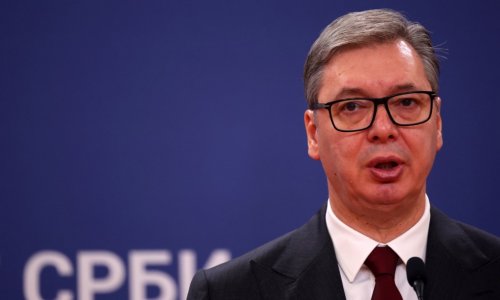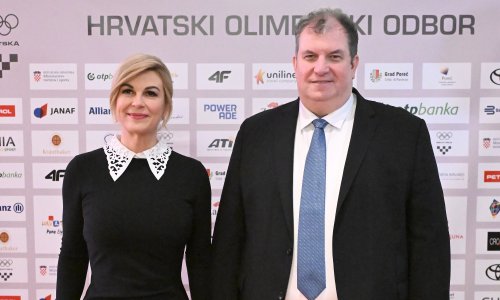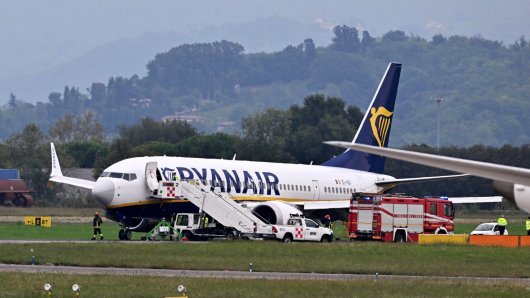Goran Hadzic, the last fugitive sought by the International Criminal Tribunal for the former Yugoslavia (ICTY) who was arrested in Serbia on Wednesday morning, was indicted by the Hague-based tribunal in 2004 on 14 counts of crimes against humanity and violations of the laws and customs of war and for the expulsion of thousands of Croats from Serb-occupied areas of Croatia during the 1991-1995 Homeland War.
Hadzic, 52, is charged as a member of a joint criminal enterprise the purpose of which was the permanent forcible removal of a majority of the Croat and other non-Serb population from approximately one-third of the territory of Croatia in order to make them part of a new Serb-dominated state.
The joint criminal enterprise was led by the late Yugoslav president Slobodan Milosevic and included Serb rebel leaders, such as Milan Martic, who has been sentenced by the ICTY to 35 years in prison, as well as senior officials of the Serbian state security service Jovica Stanisic and Franko Simatovic and Serbian Radical Party leader Vojislav Seselj, who are on trial at the ICTY, paramilitary leader Zeljko Raznjatovic Arkan, who was later murdered, and police general Radovan Stojicic.
Also participating in the joint criminal enterprise were members of the Yugoslav People's Army, the Serb Territorial Defence in Croatia, local police forces and police forces from Serbia, Serb paramilitary groups, politicians from Serbia and Montenegro, and Serb politicians from Croatia and Bosnia who were not named in the indictment.
Hadzic contributed to the joint criminal enterprise by formulating the policy of persecution, inciting crimes and personally participating in some of them.
He is charged with the extermination or murder of hundreds of Croat and other non-Serb civilians, including women and elderly persons, in Dalj, Dalj Planina, Erdut, Erdut Planina, Klisa, Lovas, Grabovac and Vukovar in Croatia, the prolonged imprisonment of hundreds of Croat and other non-Serb civilians in inhumane conditions in detention facilities in Croatia and Serbia, repeated torture, beatings and killings of detainees, and forced labour.
He is charged with the imposition of restrictive and discriminatory measures against the Croat and other non-Serb civilian population, their beating and robbing, the deportation or forcible transfer of tens of thousands of Croat and other non-Serb civilians, including 20,000 inhabitants of Vukovar, 5,000 inhabitants of Ilok and 2,500 inhabitants of Erdut.
He is also charged with the deliberate destruction of homes, other public and private property, cultural institutions, historic monuments and sacred sites.
The charges of murder include a massacre on the Ovcara farm outside Vukovar, the killing of detainees in Dalj, the forcing of Croat detainees to walk across a minefield in Lovas, and the killing of Croats and other non-Serbs at a Territorial Defence training centre in Erdut.
Hadzic is charged with the imprisonment and torture of Croats and other non-Serbs in detention facilities in Serbia, such as Stajicevo, Begejci, Zrenjanin, Sremska Mitrovica and Sid, and in occupied areas of Croatia.
Before the war, Hadzic worked as a warehouseman at a VUPIK plant in Pacetin, and his rise began in June 1990 when he was elected chairman of the Serb Democratic Party (SDS) for Vukovar. He soon became a member of the SDS Main Board and Executive Committee in Knin, and vice-president of the SDS Regional Board for Eastern Slavonia, Baranja and Western Srijem in Pakrac.
In June 1991, Hadzic was appointed prime minister-designate of the self-declared Serb Autonomous District of Slavonia, Baranja and Western Srijem, and soon became its prime minister. In February 1992, he was elected President of the so-called Republic of Serb Krajina and remained in that position until December 1993.





